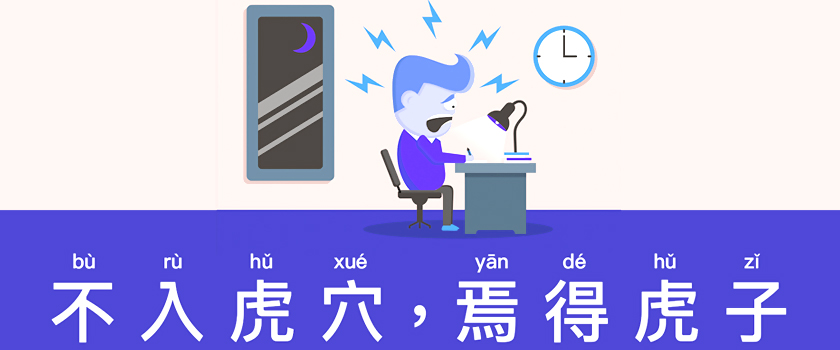Idioms pass on from generation to generation, so it reflects the deep meaning of every culture. It is not easy to translate idioms due to different culture and philosophy of every country. But we can still find some equal sayings of some idioms translates from both Chinese and English. Here are some examples.
一桶水摇不响,半桶水响叮当
It can be literally translated to: The full pot of water makes no sound; the half-empty pot of water is noisy.
But it would be confusing for some foreigners. We can use a saying in English:
A little knowledge (or learning) can be (or is) dangerous.(一知半解很危险)
Or:
Still water runs deep.(静水深不可测)
The following saying has the similar meaning as well:
He who knows the most says the least.(懂得越多的人,反而说得越少。)
As for “大智若愚”, we can translate it as:
A truly wise person does not show off his (her) ability.(真正聪明的人,是不会显要自己的能力)
·水落石出
Its literal meaning is: As the water level sinks,the stones are exposed.
But it is not very easy to see the meaning from that translation, we can adopt an English saying:
All secrets may eventually come to light. (所有祕密最后总会曝光。)
Read Also: How to translate the index markers in FrameMaker for Chinese Traditional
Another way to translated it is:
Eventually, every secret will be disclosed.
·这山望到那山高
It was translated as: The apples on the other side of the wall are the sweetest.(meaning: 墙那边的苹果最甜)
Are you looking for Chinese Translation? We are here for your assistance.
We can also translate it into:
If you stand on a mountain, you feel the distant mountain seems higher than yours.
But it would be better to translate it into the following saying, as it is originally from English:
The grass always looks greener on the other side.(另一边的草,看来总是绿些。)
Take a look at how we helped our client by localizing their project for Chinese language. Click here to read the complete case study



